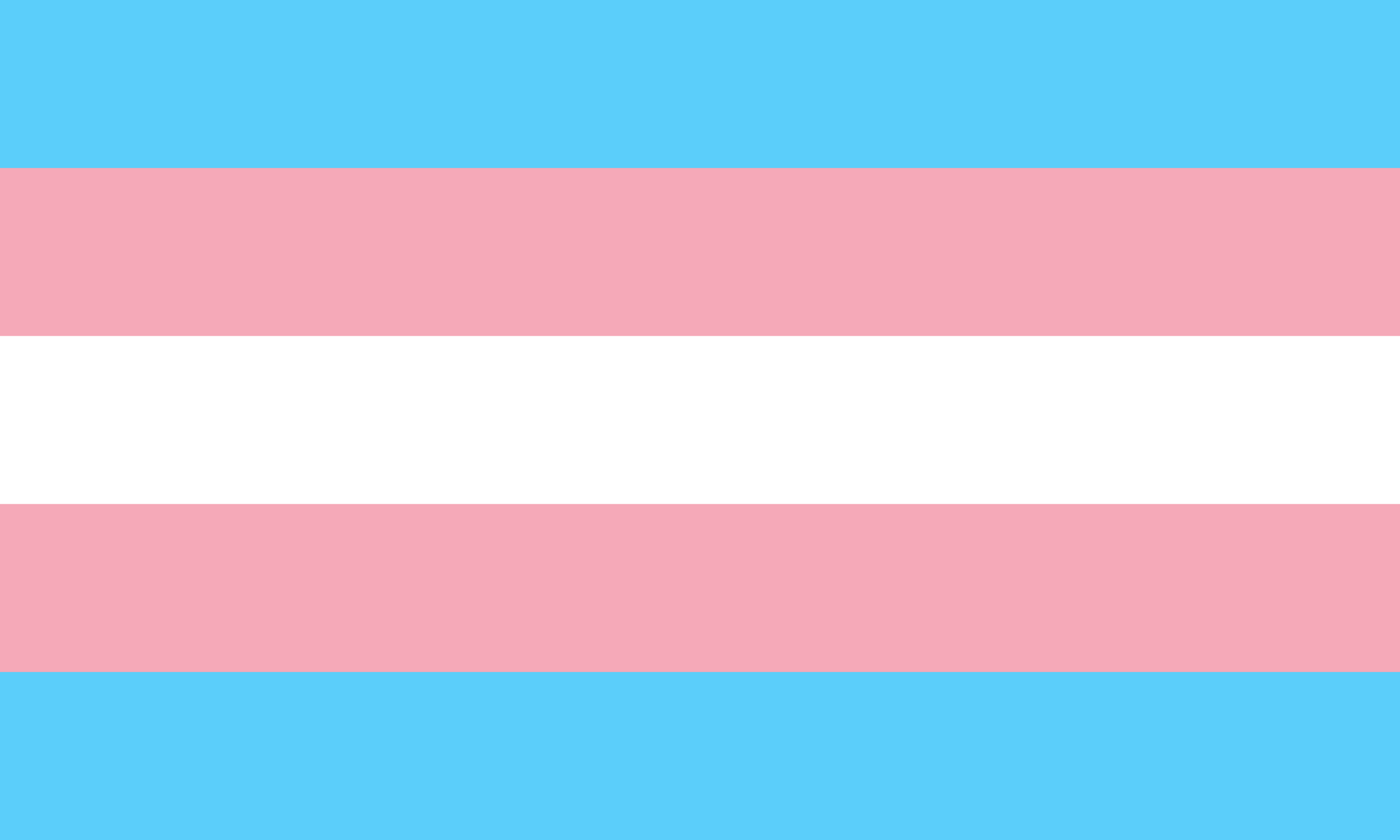LGBT+ Case Watch: Defending Life-Saving Health Care In Alabama
13 Aug 2022

This article is the first installment in the LGBT+ Case Watch series which will look at current important cases impacting the LGBT+ community.
In April, Alabama governor Kay Ivey (R) signed multiple anti-LGBT+ bills into law. These laws did everything from curriculum censorship to banning transgender students from using the correct bathrooms, but one of these laws was of particular interest to LGBT+ activists, it banned best practice gender-affirming care for minors and even included criminal penalties. Several LGBT+ and civil rights groups quickly filed a lawsuit which will be the topic of this article.
The case, which is called Reverend Eknes-Tucker v. Marshall was filed by several groups including GLAD, the National Center for Lesbian Rights, the Southern Poverty Law Center, the Human Rights Campaign, Lightfoot, Franklin & White LLC, and King & Spalding LLP against SB 184 or the Alabama Vulnerable Child Compassion and Protection Act. The suit was filed on behalf of several doctors and transgender kids. SB 184 bans the use of puberty blockers, hormones, and surgery, violators would be charged with a felony. The act goes against the medical consensus and ignores established science while containing blatantly false claims.
First, the plaintiffs would try to obtain a preliminary injunction, this would prevent the law from going into effect until a proper trial was conducted. For an injunction to be granted the plaintiffs would have to show 4 things:
1. They have a substantial likelihood of success in the trial (meaning they would have to show big problems with the law)
2. They would suffer irreparable damage without the injunction
3. The damage outweighs the damages which would be felt by the defendants
4. The injunction would not be damaging to the public interest
The first criterion demonstrates why an injunction would be so important, if the plaintiffs could get one it would not only protect transgender kids in the state while the trial is ongoing, but it would also show the trial is likely to be won by the plaintiffs. The first criterion would also be subject to the most debate, so here's how it went.
The plaintiffs made 4 claims that SB 184 violated the constitution and 1 claim that it violated federal law. To back up these claims the plaintiffs provided evidence that gender-affirming care was helpful and necessary. They called several expert witnesses who had expertise working with transgender youth and submitted piles of medical evidence showing transition worked and SB 184's justifications were false. 22 major medical organizations would file a brief in support of the plaintiffs and the US Department of Justice also stepped in to support the plaintiffs.
The defendants would also provide their evidence, they called an expert witness though the witness seldomly provided care to transgender youth, along with a detransitioner. They also tried to submit evidence of their own emphasizing that gender-affirming care came with risks. 15 Republican-run states would also submit a brief supporting the defendants.
Overall, the judge (who was Trump appointed) found the defendant's evidence unconvincing citing the support from medical organizations, the fact that the benefits of transgender care outweigh the risks, along with all the medical evidence brought forward by the plaintiffs. Out of the 5 claims made by the plaintiffs, 2 of the constitutional claims were found likely to be valid meaning the first criterion was satisfied. SB 184 would likely violate Due Process by taking away people's rights to treat their children with the necessary care and Equal Protection because the law signaled out transgender youth. The judge found the plaintiff's other 3 claims unconvincing but the 2 were more than enough.
The other 3 criteria were easily satisfied by the plaintiffs and the judge granted the injunction, stopping the law from going into effect. The defendants have appealed to the circuit court where a hearing will happen in November, though it seems likely the injunction will be upheld. When the real trial is eventually conducted it seems probable the law will be struck down.
For more information on gender-affirming care see the argument on our main page, or for the science and medical groups backing up gender-affirming care go here and here.
UPDATE (19 Aug 2022): Several groups have filed briefs in support of keeping the injunction. These groups include: parents of transgender kids, 21 US states, religious organizations, 20 medical groups, some medical groups from other countries, and The Trevor Project.
https://www.glad.org/cases/reverend-eknes-tucker-v-marshall/
https://www.cnn.com/2022/04/08/us/alabama-transgender-bills/index.html
https://legiscan.com/AL/text/SB184/id/2566425/Alabama-2022-SB184-Enrolled.pdf
https://www.glad.org/wp-content/uploads/2022/05/eknes-tucker-ruling-on-pi-5-13-22.pdf
https://journalnow.com/news/national/govt-and-politics/court-sets-fall-arguments-on-trans-youth-treatment-ban/article_b5f13bc9-9b61-5e78-a7b7-ab9d1287a04f.html

